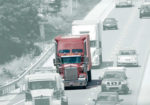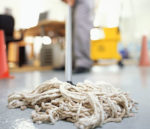ARTICLES
Not everyone on board
Federal mandate for electronic recorders on trucks has both supporters and critics
Read MoreDesigning safety
Prevention through Design is gaining traction, but widespread implementation may still be years away
Read More


